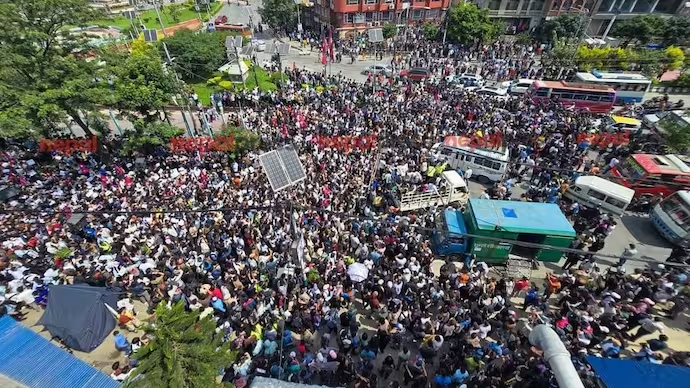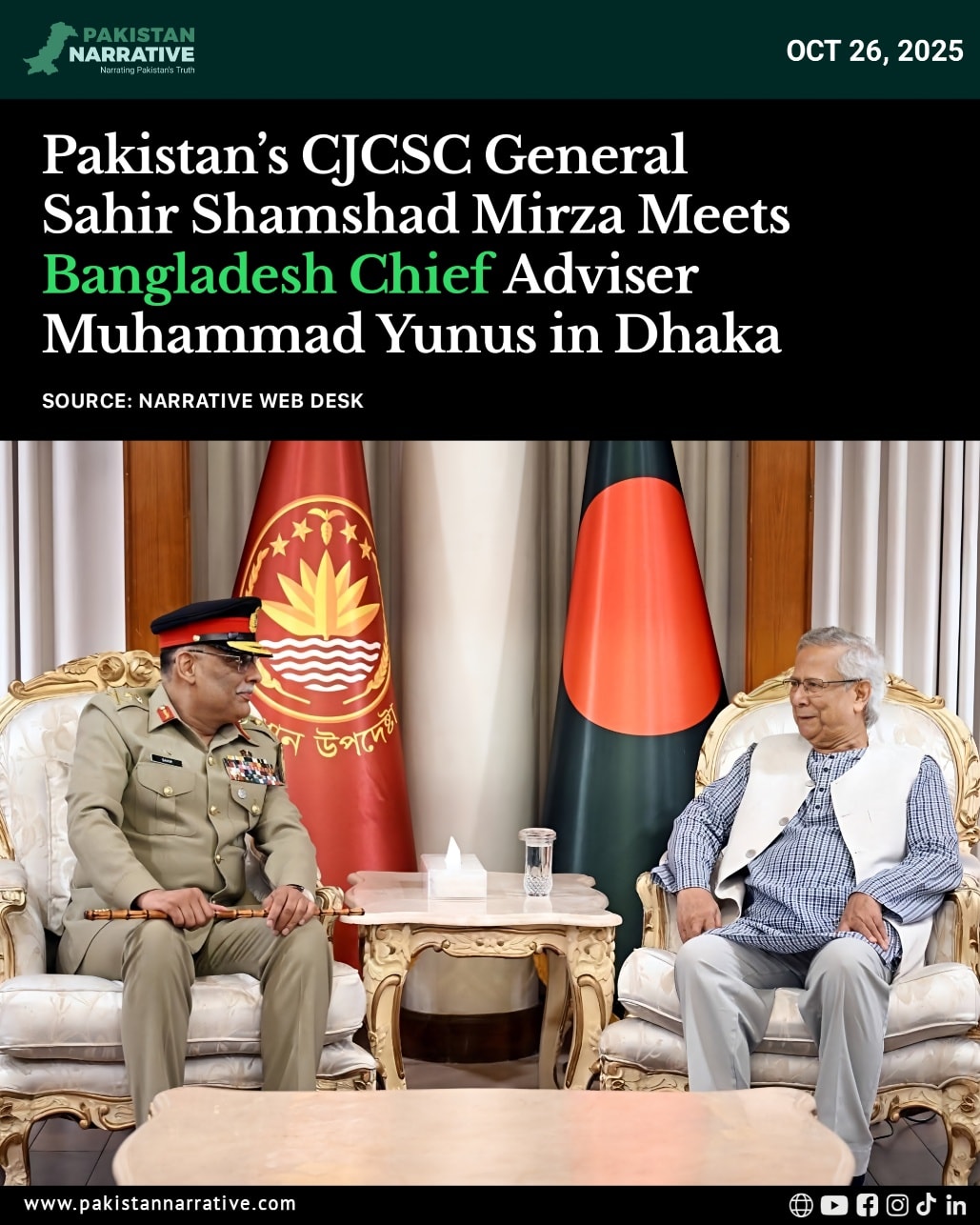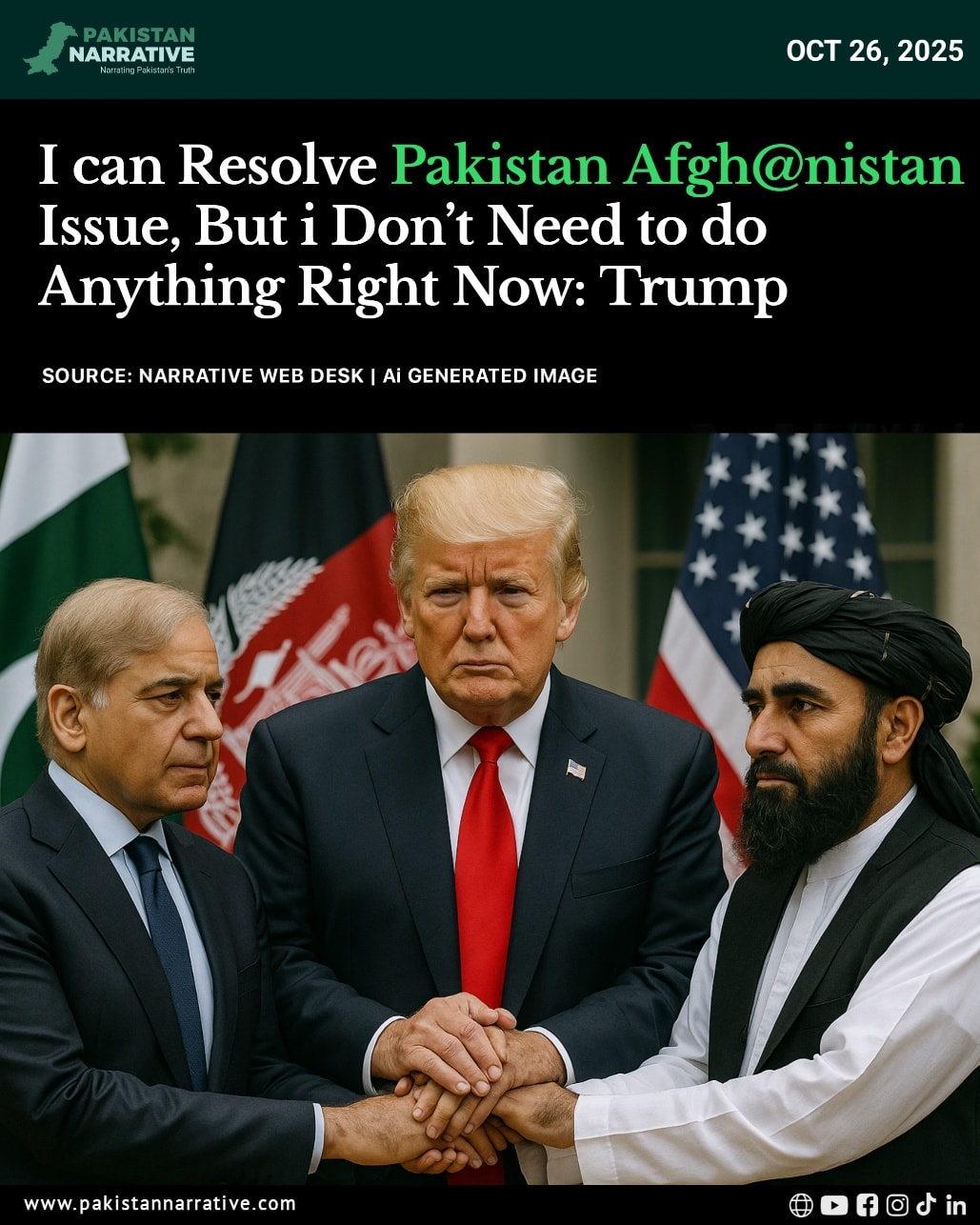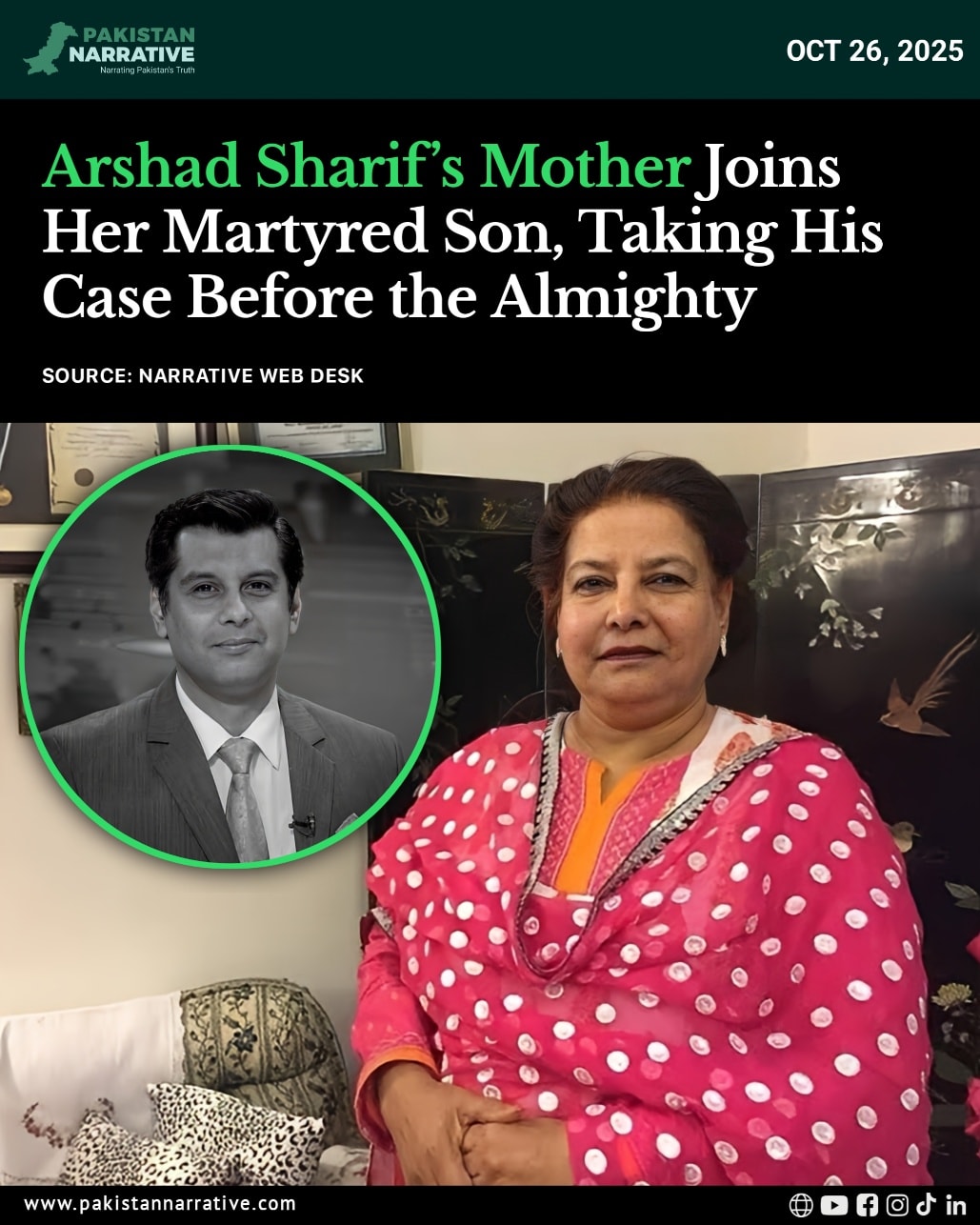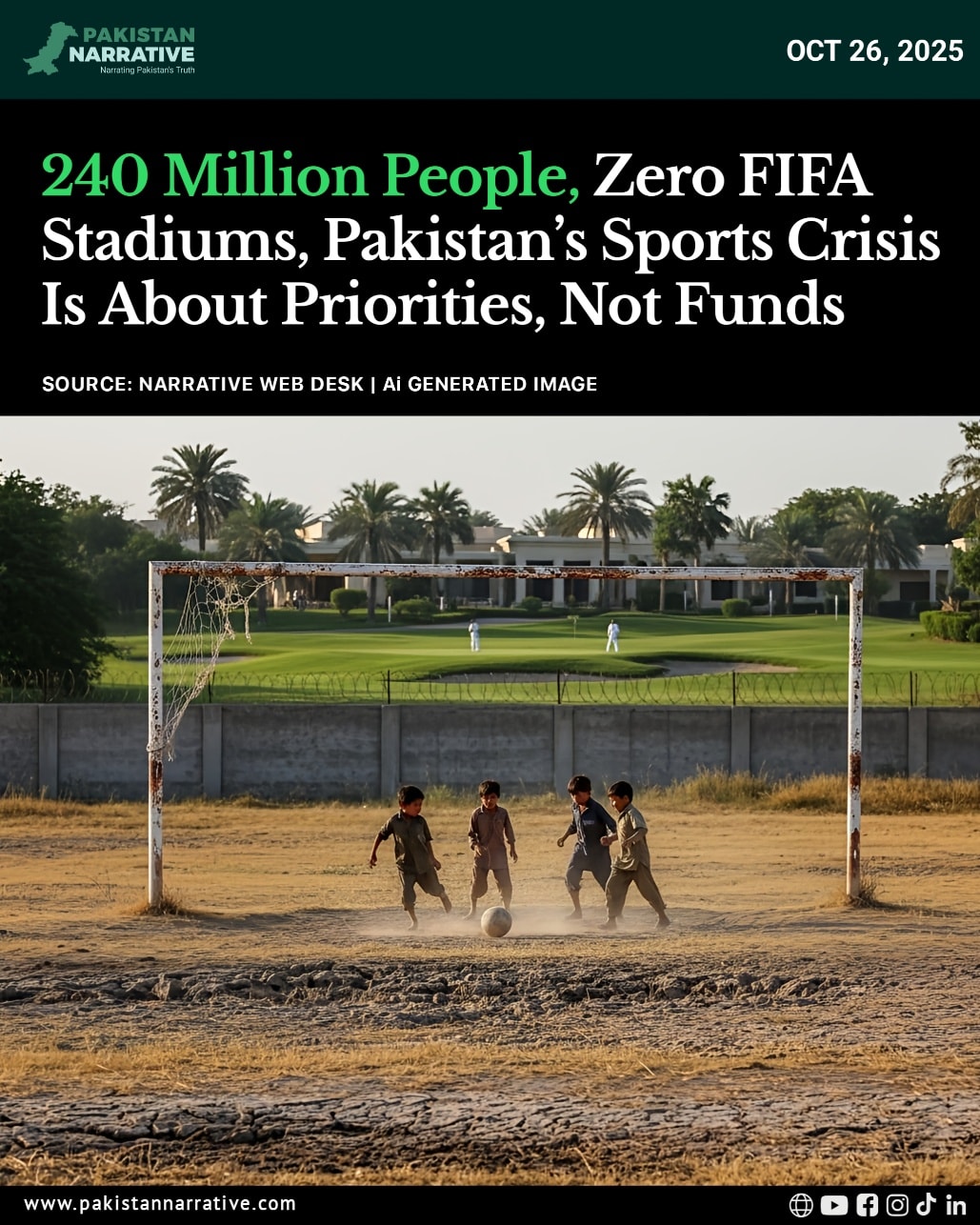KATHMANDU: At least 16 protesters were killed and scores injured on Monday when Nepal police clashed with demonstrators in Kathmandu demanding the lifting of a sweeping social media ban and stronger action against corruption.
Thousands of mostly young protesters had gathered near parliament, chanting slogans and waving the national flag, before breaking through barbed wire barriers. Police responded with water cannons, baton-charges, tear gas and rubber bullets.
Hospital officials described chaotic scenes. “I have never seen such a disturbing situation,” said Ranjana Nepal, information officer at the Civil Hospital, where dozens of wounded were brought. Tear gas reportedly seeped into the hospital, disrupting treatment.
Police confirmed 16 fatalities and about a hundred people under treatment, including several officers. Local media alleged that live fire was used, though this could not be independently verified.
Authorities imposed a curfew in sensitive areas, including the parliament, prime minister’s office at Singha Durbar, and the president’s residence. Some protesters scaled walls to enter the parliament compound, while its main gate was vandalised.
Demonstrations also spread to other districts, reflecting nationwide anger over the restrictions and broader discontent with entrenched corruption.
The immediate trigger was the government’s blocking of 26 “unregistered” platforms — including Facebook, YouTube and X — last Friday. Popular apps like Instagram and YouTube, used by millions for entertainment, news and small businesses, remain inaccessible.
“We were triggered by the social media ban but that is not the only reason we are gathered here,” said 24-year-old student Yujan Rajbhandari. “We are protesting against corruption that has been institutionalised in Nepal.”
Another demonstrator, 20-year-old Ikshama Tumrok, called the government’s actions “authoritarian.” She said: “Others have endured this, but it has to end with our generation.”
Protesters accused the ruling elite of living lavishly while ordinary Nepalis face hardship, pointing to viral TikTok clips contrasting politicians’ children flaunting luxury goods against widespread unemployment and poverty.
The cabinet had last month directed social media firms to formally register in Nepal, designate grievance officers and establish local points of contact, citing a Supreme Court order issued in 2023.
In a statement on Sunday, the government insisted it remained committed to free expression but argued that regulation was necessary. Nepal has previously banned apps such as Telegram and TikTok on grounds ranging from fraud to public order.
Critics, however, argue that the latest crackdown reflects fears in Kathmandu that online dissent could fuel mass mobilisation similar to anti-corruption movements abroad.
